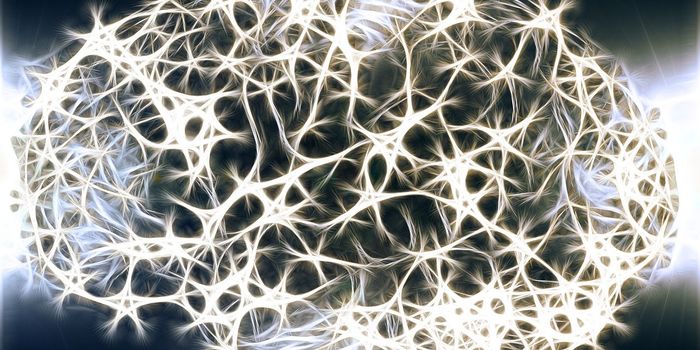TRAF7 Mutation Responsible for Mysterious Disorder
A multisystem developmental disorder with specific symptoms shared by seven patients had gone unexplained, but a new genetic sequencing study may provide at least part of an answer. From the Baylor College of Medicine, scientists discuss how mutations in a gene called TRAF7 (TNF receptor association factor 7) could be causing this mysterious condition.
The team from Baylor is accustomed to conducting whole exome sequencing, meaning the sequence the DNA of all the genes that code for proteins. This type of research is done for the purpose of identifying genetic culprits of mysterious diseases.
The patients’ shared characteristics include developmental delay and congenital heart defects, with limb and digital anomalies as a “key unifying feature.”
Researchers began their study with by sequencing the whole exome of each of the seven patients’ genomes. The sequencing data led them to identify four different mutations in the gene TRAF7 and no other gene mutations associated with other diseases.
In addition, for six out of the seven patients, their parents did not share the same TRAF7 mutations, a phenomenon called a de novo mutation. Further analysis showed that the TRAF7 mutations negatively affected activity of a cellular pathway, ERK1/2. Researchers took this as a sign of a stronger causative connection between TRAF7 mutation and the developmental disorder experienced by the seven patients.
"Finding gene mutations in a particular gene does not indicate that it is causing the disease,” explained corresponding author Dr. Xia Wang. “One way to show that the changes we found in gene TRAF7 could be causing the disease is to determine whether the mutations can affect the relevant signaling pathways associated with the gene.”
Interestingly, the TRAF7 mutations they found in the present study are also seen in cancer tissue, making it one of many genes associated with both cancer and human developmental disorders. TRAF7 and other TRAF genes are involved in multiple biological processes, like embryonic development, tissue homeostasis, and immune regulation.
"Interestingly, previous work has shown that a change of function of the ERK1/2 pathway also is associated with a group of diseases called RASopathy, which share some features with the TRAF7-related disorders reported in this work," Wang said. "Further studies are needed to determine the possible mechanistic link between these two groups of diseases."
The present study was published in the American Journal of Human Genetics.
Sources: Baylor College of Medicine, Journal of Cellular Physiology









